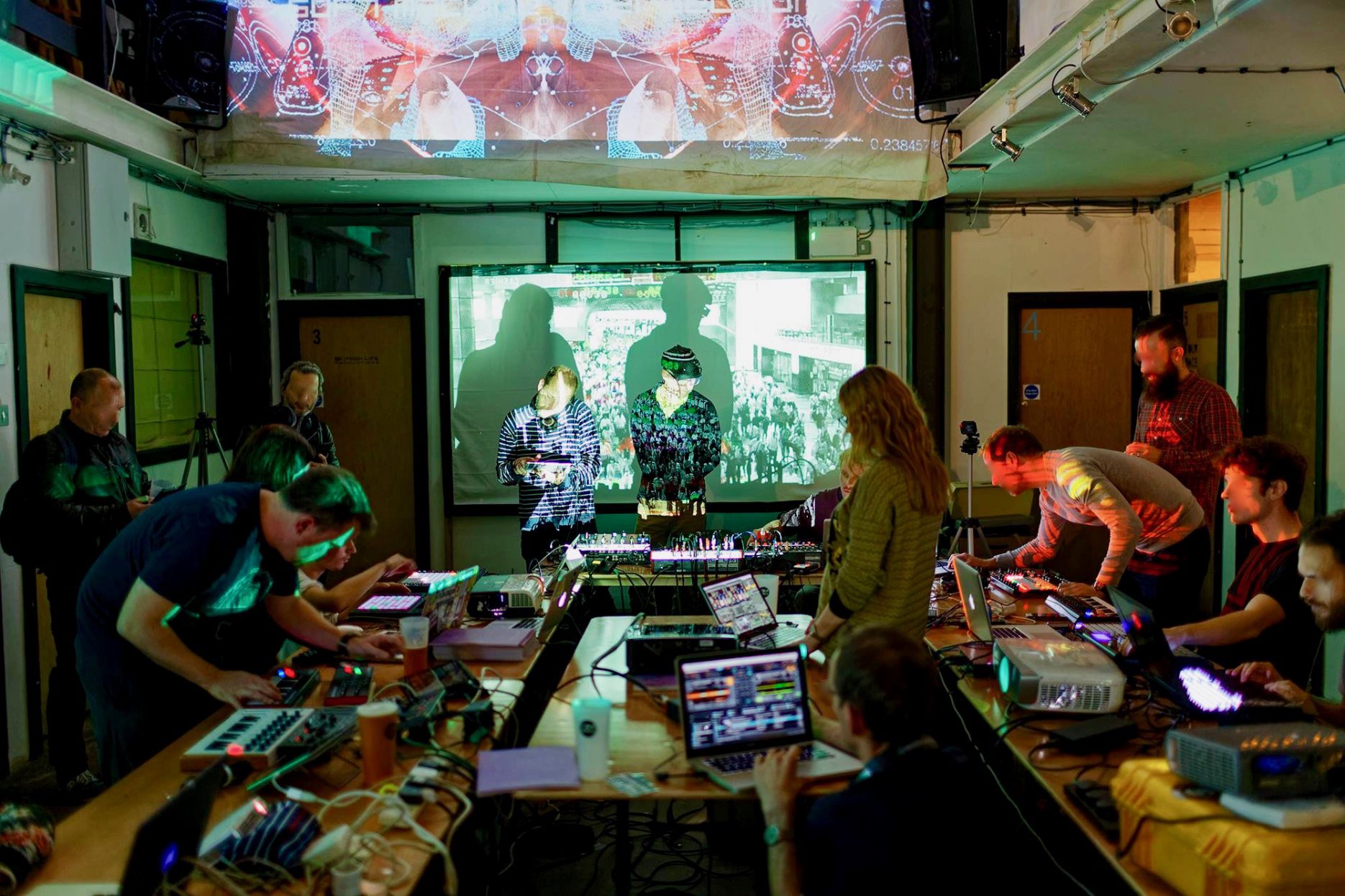What does contemporary pop music education look like? What are the special possibilities and demands of learning in popular music? What role do current music technologies, instruments and media play in popular music practice? How does learning in popular music in informal contexts (e.g. rehearsal space) differ from learning in non-formal (e.g. band workshop) and formal (e.g. music studies) contexts? How can the transfer of knowledge from studies to work be supported? The R&D project Postdigitale Popmusik Pädagogik (duration: 2018-2021) aims to answer these questions.
The aim of the project is to initiate pop music education as a part of cultural education in the Potsdam area. The project should establish the basis of an innovative pop music programme in Potsdam, which will be financed by appropriate funding applications. This should be implemented in Potsdam’s educational landscape by 2022 and run independently from then on.
The higher education program of popular music at the Clara Hoffbauer Potsdam University of Applied Sciences (FHCHP) is to be strengthened by the development of a didactic concept for popular music education. It is particularly concerned with questions of university didactics (“How is popular music taught and learned at the FHCHP?”) and transfer (“How can the connection between university studies and students’ professional pedagogical practice be promoted?”). The latter is primarily aimed at changing the learning culture at the university.
Furthermore the project is about to develop cooperation between FHCHP and its partners. In this strengthening of cooperation, sustainable structures are to be created that have positive consequences for all cooperation partners. This means that joint projects (e.g. joint further training courses for music teachers from Berlin/Brandenburg) will be carried out and that the achievement of each partner’s own organisational goals will be positively influenced.
Empirical research on learning in popular music and music learning in post-digital cultures will be promoted. This is based on the insight that research on learning in popular music has progressed on the one hand by increasingly taking up findings from research on informal practices in music pedagogical practice in schools (Godau 2017; Green 2008), universities (Bates & Talbot 2015; Lebler 2008/2016; Pullman 2014) and cultural education (Krönig 2013). On the other hand, current results on the role of digital technologies and consequences for learning in popular music contexts are lacking.
Team:
Prof. Dr. Marc Godau (Clara Hoffbauer University of Applied Sciences Potsdam)
Matthias Haenisch (University of Erfurt)
